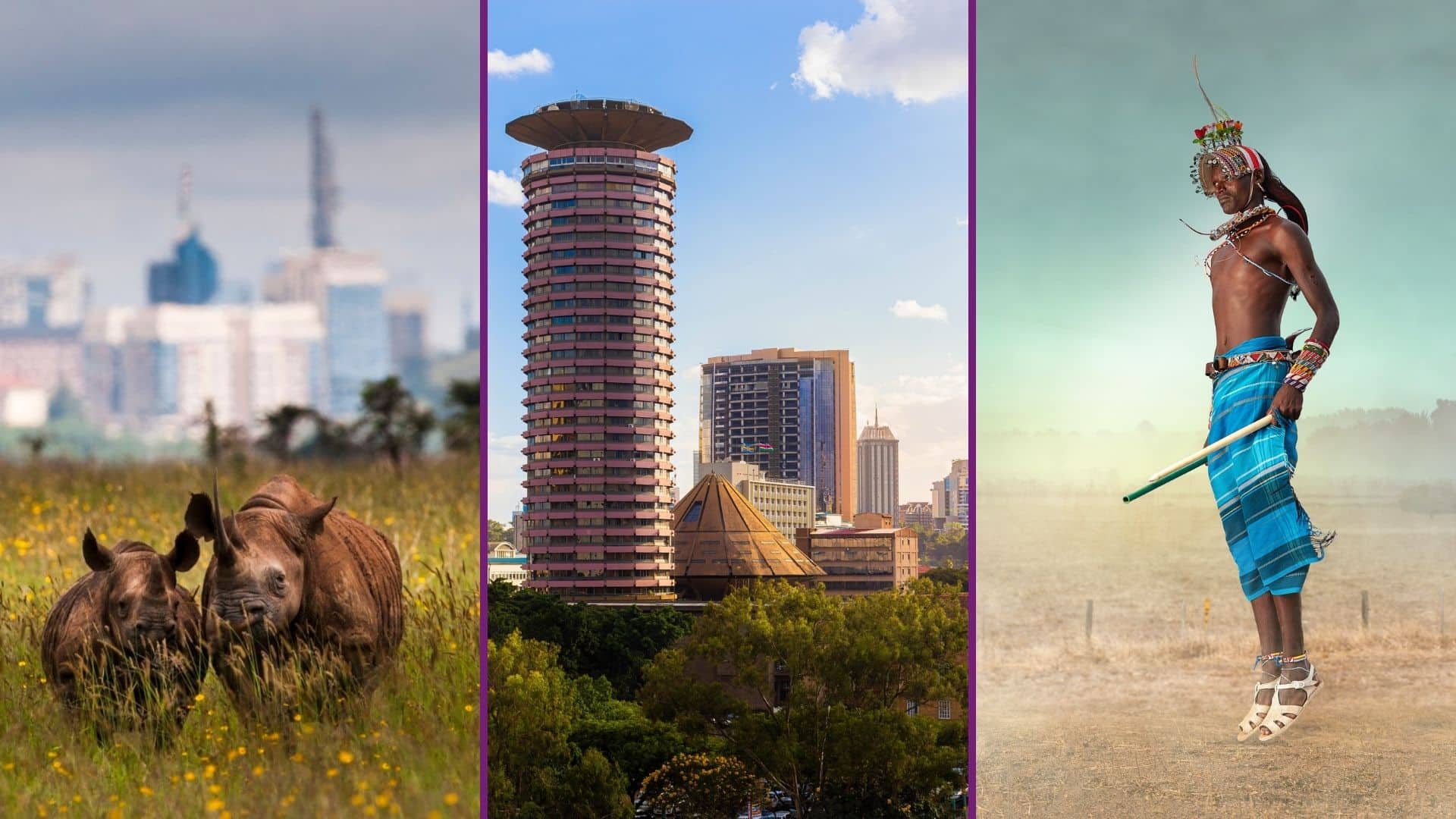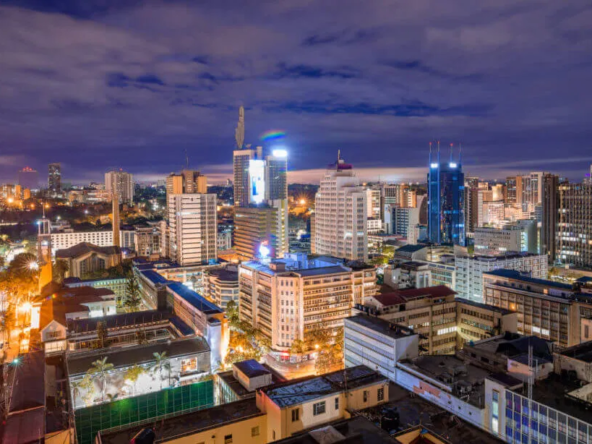The short answer is YES! it is also important to understand if moving to Kenya is for you and why. Your why will motivate and give you the endurance needed to move and adapt to a new country.
Kenya has become a top destination for expatriates, businesspeople, and investors from around the world. Whether you’re relocating for work, lifestyle, or investment opportunities, understanding Kenya’s property laws is essential. Here is a guide to help you navigate life, property ownership, and investment as a foreigner in Nairobi and Kenya in general.
Why Nairobi? why moving to Kenya?
Nairobi is East Africa’s economic and culture powerhouse. It offers good infrastructure, a thriving tech ecosystem, quality international schools, excellent healthcare and some of the friendliest people in the world. The lifestyle is vibrant and cosmopolitan, with a large expat community, many international organizations such as: United Nations, World Bank, Coca Cola, Microsoft and many more have their regional HQ in Nairobi.
Many foreigners find the city appealing for both personal living and property investment. Rental demand is strong, and property values continue to grow steadily in key areas. It is also worth noting that the quality of real estate developments is world class.
Can Foreigners Own Property in Nairobi?
Yes, foreigners can own property in Nairobi — but there are rules.
Foreigners can legally buy only leasehold property, typically granted for 99 years (this should not scare you because leases are usually renewed after their expiration). This includes apartments, townhouses, and commercial units. However, Kenyan law restricts foreign ownership of freehold land and agricultural land.
You can invest either as:
- An individual (non-citizen)
- A foreign-owned company registered in Kenya
- A joint venture with a Kenyan citizen
In all cases, the property must be situated within urban or non-agricultural zones.
Legal Ways to Live in Nairobi
Before you buy or rent long-term, make sure your residency status is in order. Kenya offers several legal pathways:
- Investor Permit (Class G): For foreigners setting up a business or investing in Kenya
- Work Permit (Class D): For those with formal employment
- Dependent Pass: For spouses or children of permit holders
- Special Pass: Temporary stay while finalizing long-term arrangements
Always work with a registered immigration consultant or lawyer to avoid delays, mistakes or fraud.
Where Should You Buy Property in Nairobi?
You are free to live and invest anywhere in Nairobi, but there are locations that have historically been preferred by foreigners.
The most sought-after neighborhoods for foreigners and investors include:
-
Kilimani
Ideal for modern apartment living, fast lifestyle, great rental returns
-
Kileleshwa
Modern, Quiet, leafy suburb close to everything, great rental returns
-
Westlands
Commercial and entertainment hub, vibrant lifestyle, high rental returns
-
Lavington & Riverside
High-end luxurious homes with privacy and convenience.
-
Karen & Runda
Spacious, suburban homes perfect for families. Large homes with large gardens.
These areas are not only secure and accessible, but they also offer good schools, shopping centers, Malls, hospitals, and social amenities. Making your move to Kenya comfortable.
The Property Buying Process for Foreigners
Buying property in Kenya is straightforward process with the right professionals.
- Engage a reputable agent and find you ideal Property.
- Get an offer letter and all necessary documents and approvals.
- Verify title deed and land status, conduct due diligence with the help of property lawyer
- Sign a sale agreement and pay a deposit (Mostly 10-30% of property Value)
- Pay the remaining balance and Complete property transfer with the property lawyer
- Pay applicable taxes (stamp duty is 4% in Nairobi)
All payments and legal procedures should be handled through proper banking and legal channels with the guidance of your Lawyer. Avoid shortcuts.
Other Costs you should Budget For
Besides the purchase price, you’ll need to budget for:
- Stamp duty (4%)
- Legal fees (usually 1.5% to 3%)
- Agency fees
- Maintenance or service charges if buying an apartment or a house within a gated community.
- Possible renovations if purchasing an older unit
Having a clear budget and guidance helps you avoid surprises later.
At Urban Green Real Estate, we offer more than just property sales.
If you’re new to Nairobi, we help you get oriented through neighborhood tours, short-term housing while you settle, and advice on schools, shopping, and transport.
Final Thoughts
Nairobi offers a rewarding lifestyle and investment landscape for locals and foreigners alike. While Kenyan property laws have clear boundaries, they allow non-citizens to own and invest safely — as long as you follow the right legal steps, locating to Kenya and investing in Kenya will surely be rewarding.
With the right support, relocating and buying property in Nairobi can be smooth and stress-free. At Urban Green Real Estate, we walk with you every step of the way — from finding the right property to securing legal ownership and settling in comfortably.




